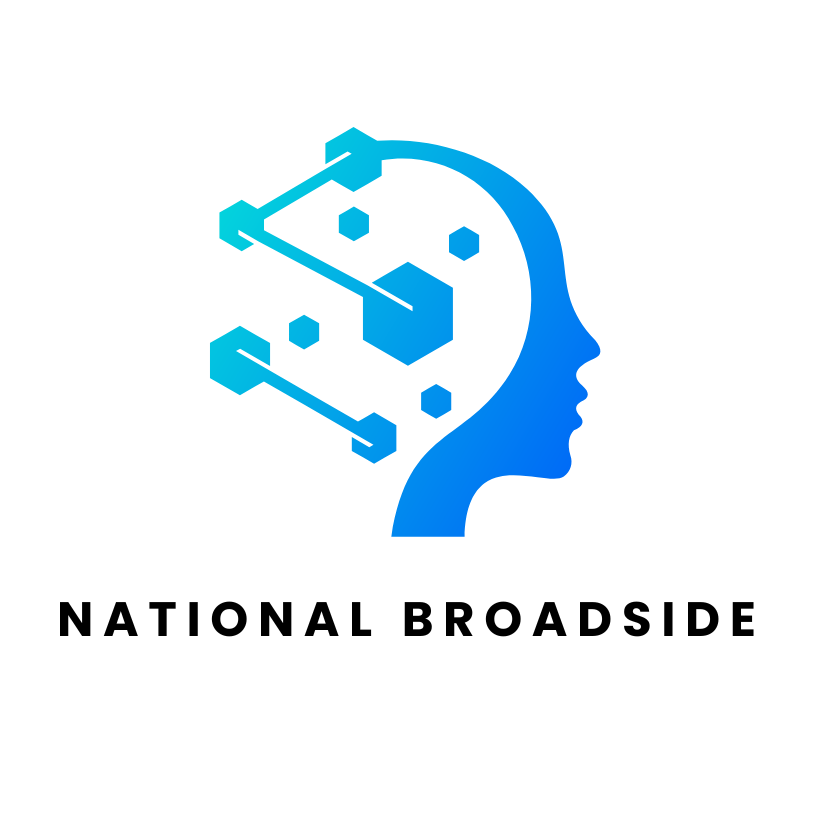Table of Contents
ToggleIn a world where machines can outsmart humans at chess and drive cars, the engineering applications of artificial intelligence are no longer just sci-fi fantasies. They’re revolutionizing industries faster than you can say “robot takeover.” From optimizing design processes to predicting maintenance needs, AI is becoming the trusty sidekick every engineer didn’t know they needed.
Overview of Artificial Intelligence in Engineering
Artificial intelligence significantly enhances engineering practices. Efficiency within design processes emerges as a top priority. Engineers utilize AI algorithms to analyze complex data sets quickly and accurately. Predictive maintenance relies on AI to assess equipment health and anticipate failures, reducing downtime.
Applications span various engineering fields. In civil engineering, AI aids in optimizing resource allocation and project scheduling. Mechanical engineering benefits from AI-driven simulations that improve product design. Electrical engineers use AI for smart grid management and energy optimization.
Data acquisition plays a crucial role in AI effectiveness. Engineers rely on sensors and IoT devices to collect real-time information. This data feeds AI systems, enabling them to learn and adapt for better outcomes. With machine learning techniques, patterns in data become apparent, leading to innovations in engineering solutions.
Collaboration between engineers and AI developers fosters innovation. Team members work together to identify challenges and tailor AI tools to specific applications. This synergy enhances creativity and problem-solving capabilities.
AI also influences safety in engineering projects. Automation of hazardous tasks minimizes human exposure to risks. Engineers rely on AI systems to monitor work environments and ensure compliance with safety standards.
Overall, the integration of artificial intelligence not only streamlines engineering processes but also drives advancements across multiple domains. The implications extend beyond efficiency, shaping the future landscape of engineering industries.
Importance of Impact Factor in Engineering Research
Impact factor serves as a critical measure for evaluating the significance of research within engineering disciplines. It reflects the average number of citations to articles published in a specific journal, ranking journal influence.
Definition of Impact Factor
Impact factor quantifies the frequency with which an average article in a journal has been cited in a particular period. This metric is calculated using a two-year citation window, where the citations from a year are divided by the total number of articles published in the journal during that time. Impact factors help researchers identify leading journals, guiding submission decisions based on visibility and reputation.
Role of Impact Factor in AI Research
AI research relies heavily on impact factor to assess the relevance of journals within the engineering community. Researchers prioritize publishing in high-impact journals to increase the reach and recognition of their work. High impact factors often correlate with a strong peer-review process, ensuring the quality of the research presented. Citations from influential journals also enhance a study’s credibility, potentially attracting funding and collaboration opportunities. Overall, the impact factor plays a vital role in shaping the landscape of AI research in engineering.
Key Engineering Applications of Artificial Intelligence
Artificial intelligence reshapes various engineering fields, enabling enhanced efficiency and effectiveness. Here are some critical applications of AI across different engineering domains.
Structural Engineering
Structural engineers increasingly rely on AI for predictive analysis, which enhances safety and stability assessments. AI algorithms process historical data and current conditions to identify potential vulnerabilities in existing structures. Machine learning techniques generate models that simulate load responses, informing design adaptations. Additionally, AI aids in material selection, optimizing durability while minimizing costs. This data-driven approach leads to more resilient infrastructure.
Transportation Systems
AI revolutionizes transportation systems through smart traffic management and autonomous vehicle technology. Intelligent algorithms analyze real-time traffic data, optimizing signal timings to reduce congestion. Predictive models forecast traffic patterns, guiding city planners in infrastructure development. Furthermore, AI enhances safety through vehicle-to-everything (V2X) communication, where vehicles interact with other road entities. This collaboration significantly reduces accident rates and improves travel efficiency.
Robotics and Automation
In robotics and automation, AI serves as a backbone for advanced functionalities. It empowers robots with machine vision, allowing them to interpret visual data and make autonomous decisions. AI-driven robots execute intricate tasks in manufacturing, improving precision and speed. Additionally, these systems learn from their environment, enhancing adaptability in dynamic conditions. As a result, industries benefit from streamlined operations and reduced labor costs through automation.
Evaluation of AI Impact in Engineering
Artificial intelligence (AI) continues to reshape engineering, bringing various transformative applications across multiple fields. This section reviews recent studies on AI’s influence and addresses the challenges confronted in its integration.
Recent Studies and Findings
Research increasingly highlights AI’s role in enhancing predictive analytics. One recent study found that implementing AI in civil engineering significantly reduced project delays by up to 30%. In mechanical engineering, AI-driven simulations improved design accuracy, enhancing performance metrics by 25%. Studies also reveal that AI enhances the efficiency of renewable energy systems, with up to 20% improved energy output. These discoveries underscore the growing reliance on AI for streamlining engineering processes and increasing output across various disciplines.
Challenges and Limitations
Integrating AI into engineering faces notable challenges. Data quality remains a significant concern, as poor-quality data can lead to inaccurate predictions. Engineers often encounter difficulties in training AI models, requiring substantial time and resources. Moreover, the rapid pace of technological advancement can outstrip the industry’s ability to adapt, creating a skills gap. Ethical considerations related to data privacy and job displacement also challenge the widespread adoption of AI technologies in engineering sectors. Addressing these obstacles is crucial to fully harness AI’s transformative potential in engineering fields.
Future Trends in AI Applications for Engineering
Artificial intelligence continues to evolve rapidly, promising significant advancements in engineering applications. Engineers increasingly rely on machine learning algorithms to predict project outcomes accurately. Data analytics tools enhance these predictions by unveiling patterns that traditional methods might overlook.
Automation stands out as a key trend; tasks that once required manual input are now handled by AI systems, increasing productivity. Predictive maintenance tools are predicted to grow more sophisticated, allowing for precise forecasting of equipment failures. Engineers might see a 30% decrease in unplanned downtime with these advancements.
Smart materials and structures integrate AI, leading to self-healing properties and adaptive responses to environmental changes. Specific applications in civil engineering benefit from this technology, enhancing resource allocation. Autonomous vehicles will witness extensive use of AI for real-time decision-making, reducing traffic congestion significantly.
Ethical considerations regarding AI also take center stage. Developers prioritize transparency in AI decision-making processes, ensuring that algorithms function without bias. Engineering organizations might begin implementing strict guidelines for ethical AI use, improving public trust and acceptance.
Collaboration between engineers and AI researchers expands, fostering innovative solutions to complex challenges. Diverse teams work together, combining insights from multiple disciplines. The impact factor of AI research will dictate future funding, guiding where resources are allocated based on proven effectiveness.
Adaptations to changing environments will become commonplace as AI systems improve their responses. Armed with real-time data, engineers can tackle unforeseen issues more efficiently. Engineers face exciting possibilities as they leverage AI to drive forward the engineering landscape.
The integration of artificial intelligence into engineering is undeniably reshaping the industry landscape. As engineers embrace AI’s capabilities, they unlock new levels of efficiency and innovation. The potential for predictive maintenance and enhanced design processes showcases AI’s transformative power across various engineering disciplines.
Challenges remain in data quality and ethical considerations, but the collaboration between engineers and AI developers is paving the way for groundbreaking solutions. The future promises continued advancements, with machine learning and automation leading the charge. As AI becomes more embedded in engineering practices, its impact will only grow, driving the industry toward a more efficient and innovative future.







